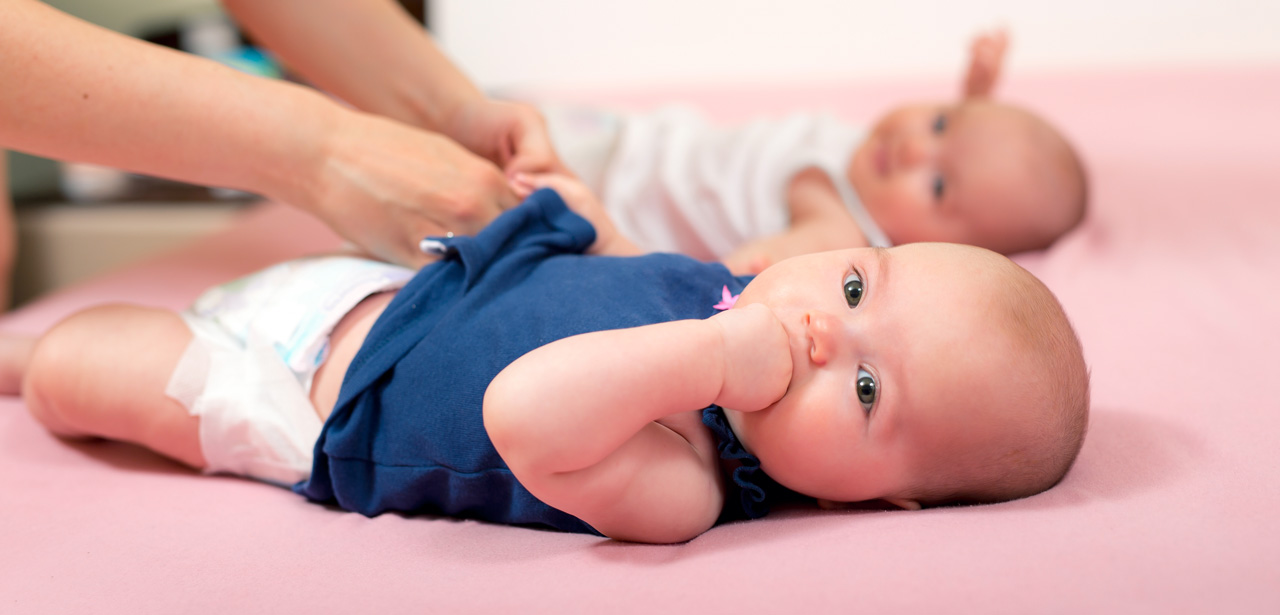Mainland France is considered as a low endemicity area for hepatitis B, but the French Caribbean and Pacific territories are classified into areas of intermediate and high endemicity. In France vaccination programmes aimed at high-risk groups were started in 1982 (including health care workers and patients receiving blood products) and the immunization of babies born of hepatitis B virus surface antigen (HBsAg)-positive mothers was reinforced in 1992. Considering the drawbacks and limited effect of targeted vaccination policies, universal vaccination targeted particularly to the preadolescent and adolescent population was initiated in 1994. In 1995, hepatitis B virus (HBV) vaccination was included in the infant immunization schedule. However, the emotion generated by the claim that HBV vaccination could have led to the development of central nervous system demyelinating disorders resulted in a marked decline of HBV vaccine use, both in the pediatric (23.3% vaccination coverage in children less than 13 years old) and in the adult population. The current coverage rates are likely to be insufficient to bring about a significant reduction in the control of hepatitis B in France. The success of universal immunization is highly dependent on reinstating the confidence of the public and health care professionals in the safety and efficacy of hepatitis B vaccines.
Auteur : Denis F, Levy Bruhl D
Current topics in microbiology and immunology, 2006, vol. 304, p. 115-29


